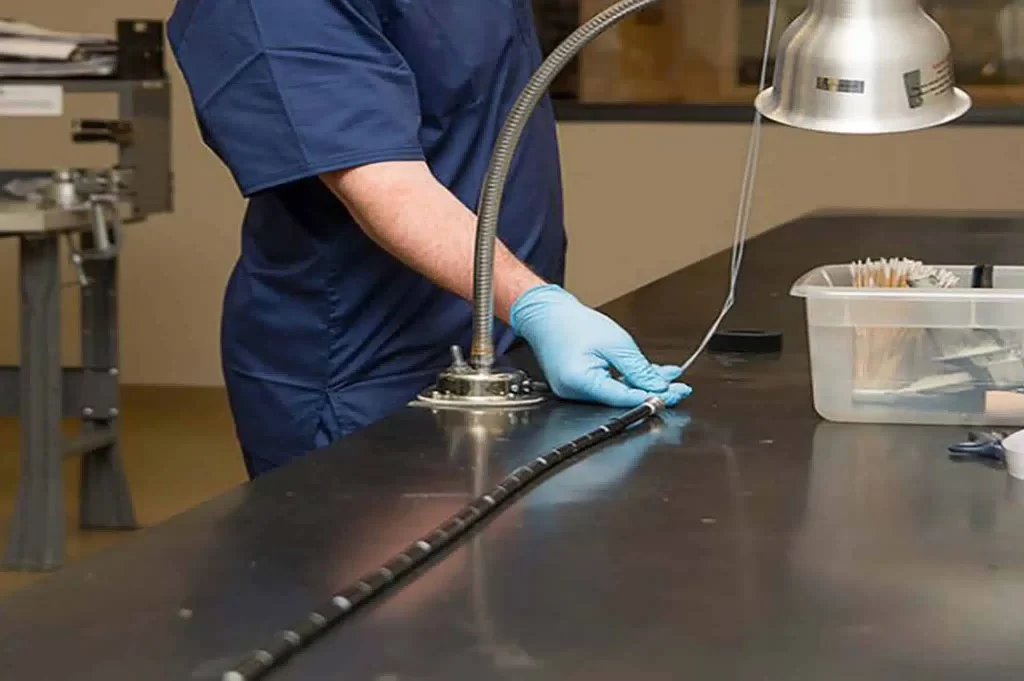[ad_1]

Just like how sure kinds of technology and running systems give way to new, current variations and turn into outdated, so does the terminology we use to explain them. We no longer refer to appliances like washing equipment or water heaters as ‘automated,’ due to the fact in our entire world these days, we just know and count on them to be automatic. The much more technology innovations, the farther absent we get from acquiring to specify that a piece of know-how is “manual” or “analog” vs. “automated.”
By this same logic, we’re obtaining to the stage in 2020 the place we ought to reassess what it definitely implies to describe something as “smart.” We want to transform our state of mind. We require to go absent from pondering of a property managed by rules set by the home-owner, to a self-finding out property that can detect and master the patterns of the customer to create a more seamless encounter in general.
So, what do we necessarily mean by good households? Some say it is exactly where functions are managed remotely. But this definition is out-of-date and significantly much too broad to explain the functionality that we at the moment have. We could barely say that 1985’s infamous Clapper (“clap on, clap off’) light-weight switch would nonetheless qualify as “smart,” even although it was remotely managed!
Clearly, the way we reside in our houses in the 21st century is considerably extra advanced than very simple remote functions like clap on, clap off. The “Internet of Things” (IoT) has introduced with it the thought that household appliances and equipment ought to be able to talk to each and every other, but it does not thoroughly capture what it suggests to wise. Alternatively, we ought to imagine of good homes as those people that mix remote features and connectivity with intelligence.
For the IoT sector, the principle of connectivity has pushed development in the previous few of many years. Gadgets and controllers have been related to the outside globe because the 1990s, beginning with the improvement of wi-fi techniques like Bluetooth and WiFi. This progression has made this kind of connectivity easier and far more widespread, and now the bulk of people reside in houses that are incredibly far more sophisticated than they had been 30 yrs back.
The most current iteration of this approach is connecting houses to intelligent phones. Wise phones have been groundbreaking for IoT, functioning as hubs and enabling us to manage our households from the outside the house. Households are now genuinely linked, as they no longer call for our bodily steps to run. In its place, cell apps on smartphones can flip warmth, air conditioning, lights, and taps on and off, as effectively as open and near garage doors and obtain security units and cameras.
However, even though these features make it seem to be like the house is a smart residence, the steps are continue to getting taken by the property owner by means of the cell application to operate the home: the user has made automation.
By contrast, in a certainly good house, the appliances by themselves are capable to study from the behaviors of the people and regulate the setting appropriately, without the need of person intervention. We are currently viewing this in independent units, this kind of as thermostats that know your comfort and ease level, enjoyment systems that understand your flavor in tunes and movies, and fridges that study your having patterns.
Even so, for households to be smart, engineering enablers such as geo-site, online video analytics, and voice assistants ought to be utilised in mix with equipment-studying AI. For case in point, when I depart the business, my cellular phone can estimate my commute time and convey to my home to put together for my arrival by disarming alarms, turning on the heating, and even setting the lights to match how I’m experience.
Cameras allow households to determine precise people and allow entry, whilst voice recognition has permitted us to complete numerous automatic capabilities within the household and remotely. Better use of AI will signify properties of the long term will have the means to offer an all-encompassing photograph of a user’s routines and requires.
The greatest bounce in the direction of a actually smart house will be in the ability to merge information from each individual product in the home and other resources and use it to make a unified process. A smart residence will have numerous sensors close to the residence, allowing for it to observe patterns of conduct.
Contextual evaluation lets residences to discover from their surroundings, making it possible for each connected gadget to explain to a distinctive story. By connecting the fridge to movement sensors in the kitchen area, the AI will be equipped to detect when it is dinnertime. Also, biometric cameras will detect who is in the dwelling and put together the temperature and lights settings just for them.
This actions recognition can also considerably enhance safety, by staying able to recognize any suspicious activity and realizing who is and who isn’t permitted to be in the property. Also, uncommon activity alters can assistance to defend citizens.
It is simple to assign the wise label to fashionable households. Right after all, they by now act in way that seems to be wise. Nonetheless, it is critical to preserve in mind what we mean by this label. We are presently well on our way to wholly smart houses, despite the fact that the actions we command our households to acquire by way of automated processes aren’t really sensible, because they however stem from human command.
The upcoming that we are functioning in the direction of is a person in which residences will be ready to assist before you think of it or in strategies you did not know you needed. This is what a certainly good home will glance like.
Posted December 26, 2019 — 20:00 UTC
